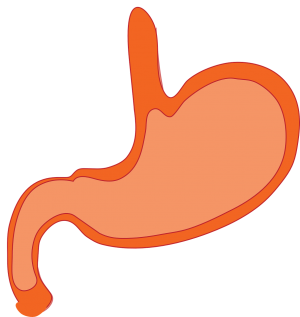Featured Products
Explore Products- In-Stock Tumor Cell Lines
- Human Orbital Fibroblasts
- Human Microglia
- Human Pulmonary Alveolar Epithelial Cells
- Human Colonic Fibroblasts
- Human Type II Alveolar Epithelial Cells
- Human Valvular Interstitial Cells
- Human Thyroid Epithelial Cells
- C57BL/6 Mouse Dermal Fibroblasts
- Human Alveolar Macrophages
- Human Dermal Fibroblasts, Adult
- Human Lung Fibroblasts, Adult
- Human Retinal Muller Cells
- Human Articular Chondrocytes
- Human Retinal Pigment Epithelial Cells
- Human Pancreatic Islets of Langerhans Cells
- Human Kidney Podocyte Cells
- Human Renal Proximal Tubule Cells




 MKN-1 is a human gastric adenosquamous carcinoma cell line derived from the metastatic site at the lymph node. MKN-1 has a point mutation amino acid replacements at exon5 of the p53. In 2023, there are about 26500 new cases of gastric cancer and 11130 deaths from this type of cancer in the USA. In all newly diagnosed cancer cases, gastric cancer is about 1.5%. Although gastric adenosquamous carcinoma is a rare type of gastric cancer with less than 1% incidence, it presents a more aggressiveness and serious prognosis compared with other types of gastric cancer.
MKN-1 is a human gastric adenosquamous carcinoma cell line derived from the metastatic site at the lymph node. MKN-1 has a point mutation amino acid replacements at exon5 of the p53. In 2023, there are about 26500 new cases of gastric cancer and 11130 deaths from this type of cancer in the USA. In all newly diagnosed cancer cases, gastric cancer is about 1.5%. Although gastric adenosquamous carcinoma is a rare type of gastric cancer with less than 1% incidence, it presents a more aggressiveness and serious prognosis compared with other types of gastric cancer.
